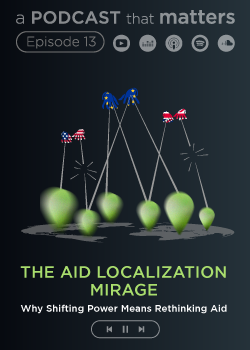Print

Weaponizing Social Housing in Medellín and Rio de Janeiro: Social Housing
Details
Locations:Netherlands
Start Date:Oct 1, 2020
End Date:Sep 30, 2023
Contract value: EUR 253,052
Sectors: Civil Society & NGOs
Description
Programme(s): H2020-EU.1.3.2. - Nurturing excellence by means of cross-border and cross-sector mobility
Topic(s): MSCA-IF-2019 - Individual Fellowships
Call for proposal: H2020-MSCA-IF-2019
Funding Scheme: MSCA-IF-GF - Global Fellowships
Grant agreement ID: 898538
Project description:
Illicit governance arrangements and social housing in Latin American cities
For several decades, Latin American countries have used housing subsidies to improve the living conditions of the urban poor. Safety, however, is another issue. The EU-funded Social Housing project will study what happens when residents are rehoused from informal settlements controlled by organised criminal groups to formal housing complexes. The criminal groups usually hold onto their influence. As such, the project will compare governance arrangements between state, market and criminal actors in formal social housing condominiums to those in informal settlements. Taking settlements in Rio de Janeiro and Medellín as case studies, the project will study how criminal gangs and militias gain and exert control over infrastructure and (protective) services. It will also review how residents protect themselves.
Objective:
State-subsidized housing programs have improved the livelihood of low-income populations in Latin American cities for decades. Once inhabited, however, they do not succeed in guaranteeing these populations’ safety. When residents are rehoused from informal settlements controlled by organized criminal groups, these groups sustain influence in formalized housing complexes. What is more, new dynamics such as housing financialization increase residents’ exposure to criminal actors. This project explores such ‘weaponization’ of social housing by comparing governance arrangements between state, market and criminal actors in formal social housing condominiums to those in informal settlements. Utilizing a two-by-two ethnographic comparison, based on case studies of one informal settlement and one condominium in both Rio de Janeiro and Medellín, the project will investigate 1) how state actors redefine social housing in terms of governmental influence and private property logics; 2) how gangs and militias gain and exert control over infrastructure and (protective) services; 3) how residents protect themselves against diverse, gendered forms of violence. The Weatherhead Center for International Affairs at Harvard University (HU), with its renowned interdisciplinary expertise in urban governance, crime and planning provides an ideal training context for fieldwork activities and supervision (Prof Davis) of the project’s theoretical development. By bringing the Latin American perspective on the relationship between crime and housing into direct conversation with HU’s and the University of Amsterdam's research in North America and Europe, this project develops a transferable approach to urban sovereignty in the global North and South as decisive step towards an ERC Starting Grant proposal. Through dissemination of the gained knowledge, the project will bridge policy expertise between housing and crime, and support local advocacy groups’ interaction with authorities.

